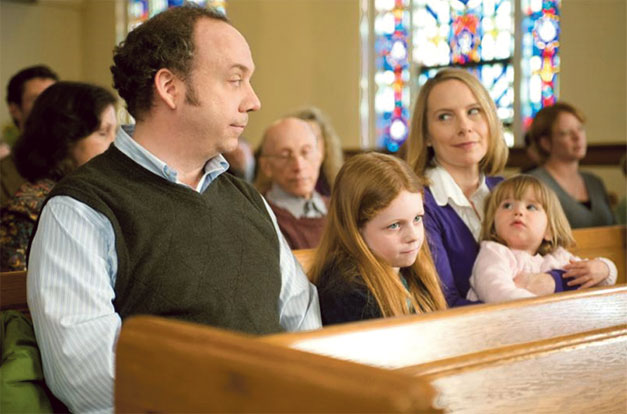Film Review: Seriocomic Sports Flick Win Win Avoids Cliché, Embraces Closure
Seriocomic Snapshot Of Troubled Families Avoids Cliché, Embraces Closure


“Sweep the leg

Johnny.”


